The birth of Cryptocurrencies — can they be trusted?
Ever wondered how all these digital currencies came to be? As well as why, and whether or not they’re “legit”, for lack of a better word?
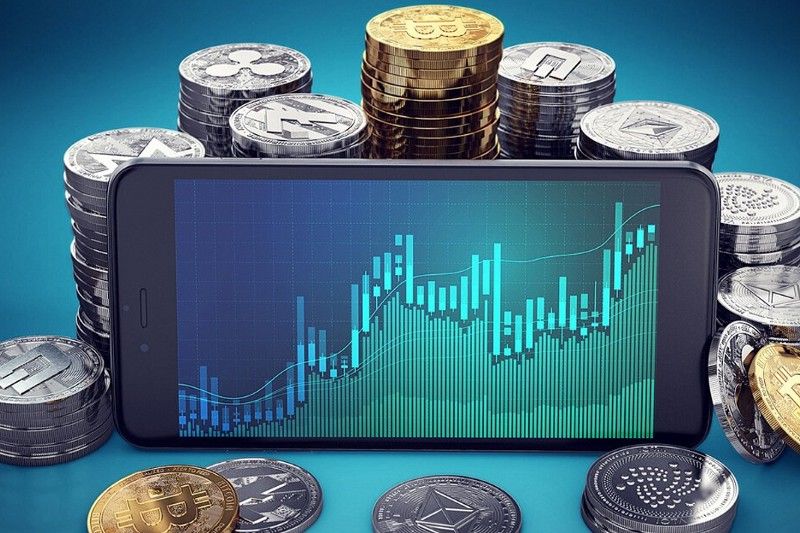

Ever wondered how all these digital currencies came to be? As well as why, and whether or not they’re “legit”, for lack of a better word?
What was the first decentralized Cryptocurrency?
The first decentralized cryptocurrency was Bitcoin. It was created in 2009 by presumably pseudonymous developer Satoshi Nakamoto.
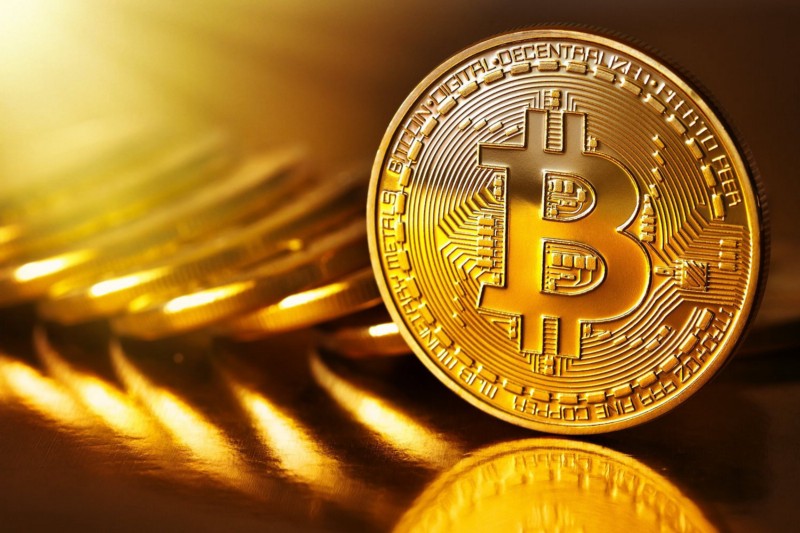
Bitcoin was invented in the aftermath of the 2008 financial crisis, and the crisis was a clear motivating factor for its creation.
How was Cryptocurrency created?
Would you believe me if we said it was created by code? ? Cryptocurrency is created by code. In many cases, new coins are created when transactions are confirmed by a process known as mining.
With that said, while coins like Bitcoin and Ethereum use mining, not every cryptocurrency uses mining to generate new coins and coins can be created some other ways as well.
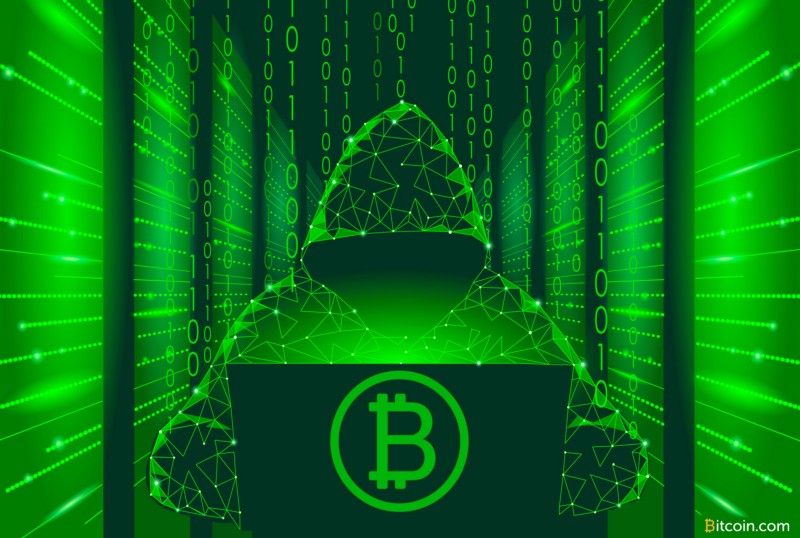
How exactly coins are created depends on what is defined by a given cryptocurrency’s code. For example, a cryptocurrency may create some tokens upon launch as developer rewards or a cryptocurrency may pay out tokens as dividends on a monthly basis.
- Cryptocurrency is software. Every function from how transactions are recorded, to how data is stored, is dictated by code.
- Cryptocurrency transactions are typically stored in a type of database known as a blockchain.
- What we think of as Cryptocurrency, for example 1 Bitcoin, is just numbers recorded on a Cryptocurrency’s blockchain.
- Cryptocurrencies are created by algorithms that rely on cryptography. That is why it is called “crypto” currency. Every transaction relates back to unique cryptographic codes that secure the network.
- Cryptocurrency software is decentralized and distributed, meaning it is hosted on many peoples’ computers across the world, instead of just on one server by one company.
- The algorithms generally are written to award coins to computers that add transactions to the blockchain. The process of adding transactions to the blockchain is known as mining.
- The code of the Cryptocurrency defines things like maximum supply, mining rewards, etc.
- The code for almost all Cryptocurrencies is public, so anyone can check how coins are created.
So why should I trust “coded” money?

You’re probably wondering why you should trust or believe in money that’s coded and not actually tangible. I mean, why should someone sitting by some random computer somewhere in the world have access to my transactions? ? Easy, security ?
Is the blockchain secure?
Blockchain is perhaps best understood as a decentralized ledger that can diminish costs by removing intermediaries such as banks and effectively decentralizing trust. The technology appends entries to the ledger which are validated by the wider user-community rather than by a central authority.
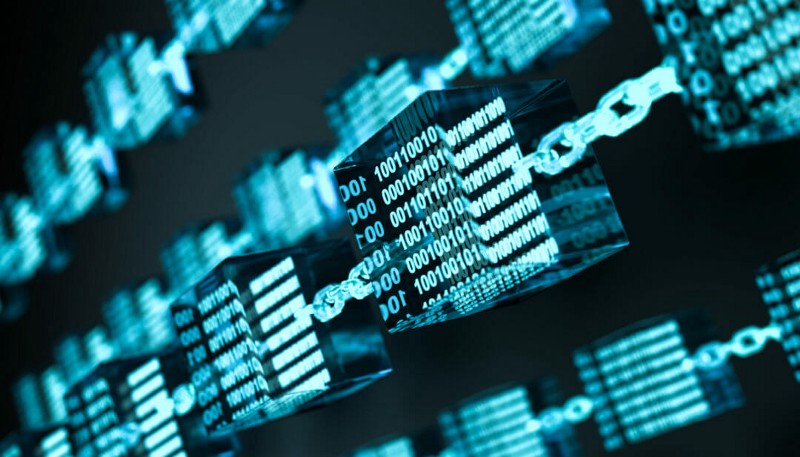
Each block represents a transactional record and the chain links them. The distributed computer network confirms the record and lists the blocks of transactions sequentially — hence the blockchain.
The whole point of using a blockchain is to let people share valuable data in a secure, tamperproof way. That’s because blockchains store data using sophisticated math and innovative software rules that are extremely difficult for attackers to manipulate. So yes, it is quite secure.
3 Reasons you can trust Cryptocurrencies
- The code for almost all Cryptocurrencies is public, so anyone can check how coins are created.
- Blockchain encryption prevents sensitive information from getting into the wrong hands, and being misused or forged.
- Bitcoins are scarce and useful, as outlined in our previous article.
So how can I get involved in Crypto?
There’s a host of ways to get involved in the industry. It can be trading, buying crypto or mining it. We’re going to cover buying and trading Crypto.
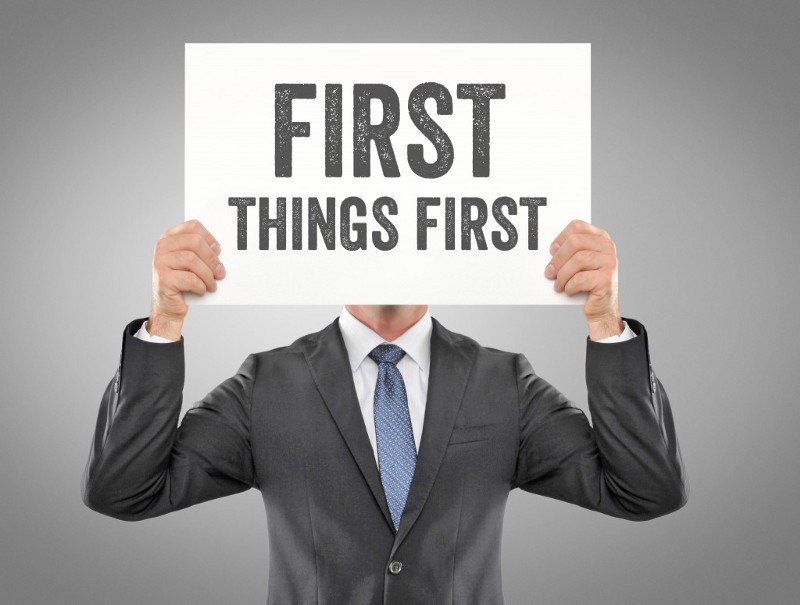
Firstly, find an honest and reliable digital asset exchange. For example, ChainEX. Don’t know what a digital asset exchange is and whether or not you can rely on them? Read our article on it ?
After you’ve decided on an exchange you’d love to partner with, make sure you know the risks involved in trading and who exactly your exchange is.
Bitcoin in itself, is safe. Who you decide to invest your money with in order to obtain bitcoins however, is everyone’s own responsibility. Hackers, thieves and scammers (as with anything valuable) will always be after your assets. So securing your bitcoins is important.
If you’re serious about investing in Bitcoin and see yourself buying a significant amount, make sure the Exchange you register with has security measures in place.

ChainEX, a Digital Asset Exchange, provides Two-Factor Authentication (2FA), secure cloud access and a secure connection, amongst other security measures. You can rest assured knowing that all information and data passed between you and the ChainEX website, are transferred securely. Find out more about ChainEX security.
How to invest in Bitcoin and where to buy
The difficulty of buying Bitcoin depends on your country. Developed countries have more options and more liquidity. Using Exchanges to purchase bitcoin, is the way to go.
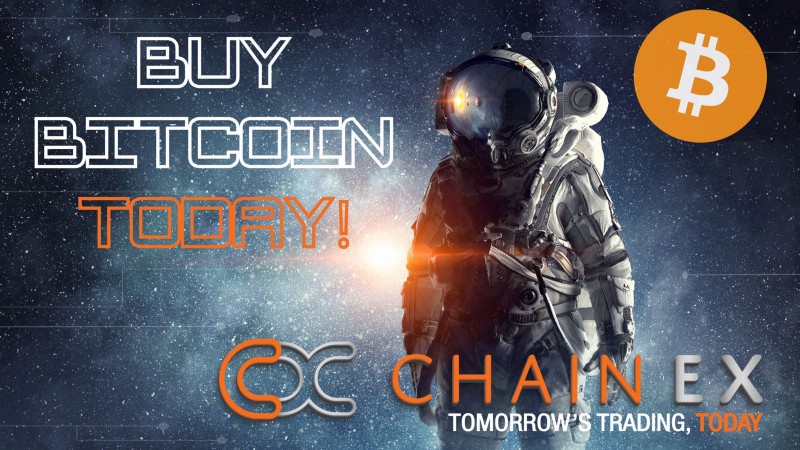
Buy Bitcoin on one of our local South African Bitcoin exchanges; ChainEX , A Bitcoin exchange in Jeffreys Bay, South Africa?. Transfer funds from your South African bank accounts to the exchange, and once the funds have cleared, you can trade the ZAR for Bitcoin.
So who is ChainEX?
Surely you’ve heard of ChainEX? ? Even Google knows ChainEX.
ChainEX is a South African digital asset exchange that provides a platform for South Africans to buy, sell or trade a variety of different digital assets using the South African rand as the default fiat-buying currency.
ChainEX provides you with a secure, online platform from which you can purchase and trade with different digital assets. Not only do they provide a platform for you to trade, but they also reward you for the people you refer!
ChainEX Questions & Socials
FAQ’s | Sign Up | Facebook | Instagram | What is Bitcoin? | ChainEX Markets | ChainEX Security
